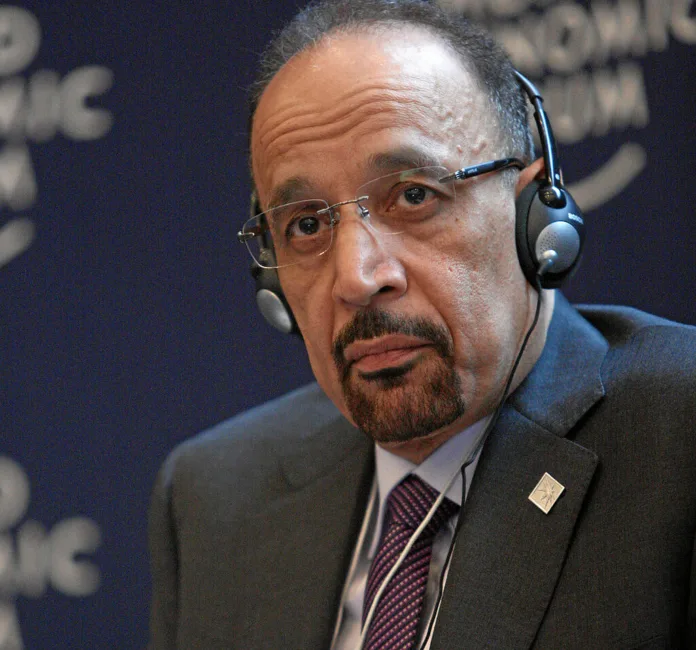Saudi Investment Minister Khalid al-Falih announces 540 foreign companies’ headquarters in Riyadh, surpassing the Vision 2030 target through the Saudi Regional Headquarters Programme
Saudi Arabia has surpassed its Vision 2030 goal of attracting international headquarters by securing 540 companies in Riyadh, exceeding the original target of 500. During the Future Investment Initiative (FII8) summit on Tuesday, Investment Minister Khalid Al-Falih highlighted the success of the Saudi Regional Headquarters Programme, emphasizing the kingdom’s strong economic growth and stable investment environment.
Al-Falih highlighted that investors are drawn not only to Saudi Arabia’s dynamic local market but also to its strategic position as a gateway to the broader Middle East. “We’ve introduced the regional HQ programme to attract multinational companies, with the initial goal of 500 headquarters by 2030,” he said. “I’m proud to announce that we’ve already surpassed this target, reaching 540 companies.”
The Saudi Regional Headquarters Programme provides a range of incentives to attract multinational firms, including a generous 30-year exemption from corporate income tax and withholding tax on headquarters activities, along with support services and discounts. These benefits are aimed at encouraging companies to establish their regional base in Saudi Arabia, further solidifying the Kingdom’s position as a major business hub.
Al-Falih emphasised that Saudi Arabia is adeptly navigating global economic challenges, including regional political tensions, inflation, and trade conflicts. He noted that Saudi Arabia’s Vision 2030, which seeks to reduce dependence on oil by diversifying the economy, has strengthened the Kingdom’s resilience against these external pressures. According to the minister, the Kingdom’s GDP has expanded by an impressive 70 per cent since Vision 2030’s inception, and the non-oil economy has consistently grown between 4 and 5 per cent annually since 2016.
He also pointed to international economic confidence in Saudi Arabia’s direction. Just last week, the International Monetary Fund (IMF) projected the Kingdom’s economy to grow by 1.5 per cent in 2024, rising to 4.6 per cent in 2025—among the highest growth rates within the Gulf Cooperation Council. The World Bank’s projections are similarly optimistic, expecting Saudi GDP to increase by 1.6 per cent this year and accelerate to 4.9 per cent by 2025.
Al-Falih credited the Kingdom’s diversification strategy for fuelling this momentum, citing S&P Global’s recent report highlighting non-oil private sector growth as a key driver of the economy. Vision 2030’s ambitious targets include $3.3 trillion in gross capital formation by the end of the decade, a target the Kingdom is actively advancing with a yearly growth rate of 10 per cent.
Tourism, a central component of Saudi Arabia’s diversification, has also flourished, with over 100 million visitors recorded last year. “The sector has exceeded expectations, as tourism numbers have returned to pre-pandemic levels,” Al-Falih remarked. The minister also noted that inflation is under control and global economic conditions are improving, with interest rates falling in many countries. “Investor confidence increased by 15 per cent compared to three years ago,” he added, referencing data from IPSOS that reflects growing optimism in the Saudi market.
As Saudi Arabia continues to draw international firms, Al-Falih encouraged investors to capitalize on the opportunities offered by the maturing economy, which balances regional stability with an ambitious growth agenda. He emphasized that the Saudi Regional Headquarters Programme positions the Kingdom as the heart of the Middle East and a focal point for international investment.
